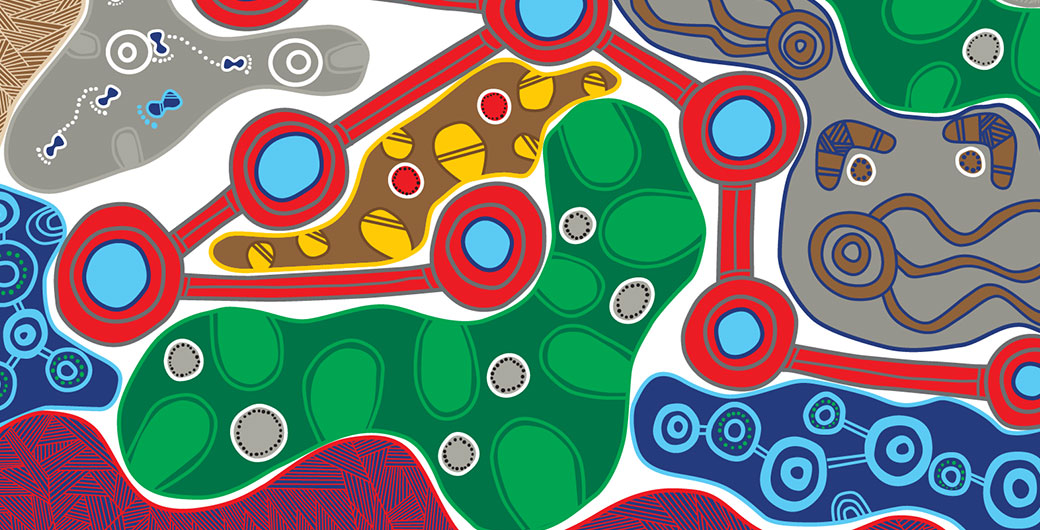
This guest editorial by Lil Anderson, Chief Executive of Te Arawhiti/The Office for Māori Crown Relations and ANZSOG Leadership and Teaching Fellow, was written for the ANZSOG/National Regulators Community of practice monthly newsletter, highlighting new additions to the Regulation Policy and Practice collection on APO. The RP&P collection brings together a range of practical resources from national, local and state/territory governments, regulatory agencies and external institutions conducting monitoring, inquiries and reviews. You can receive this newsletter by joining the ANZSOG/National Regulators Community of Practice (membership is free) or subscribe to the newsletter directly.
Regulators – Mount Up!
Some might think that this is simply rehashing a very popular 90s song ‘Regulate’ by Warren G and Nate Dogg but I like to use it, and use it today as a call to action. As the name suggests, we need to come together, set a vision for ourselves in the First Nations space, understand our individual contributions, our professional contributions and our organisational contributions. Change doesn’t come easy and comes only from the efforts of each individual so we must continue to challenge ourselves and each other to be better.
That is why I am so excited about facilitating the upcoming National Regulators Community of Practice event on 28 February 2023, Indigenous knowledge, partnerships and shared decision making: culturally responsive regulation in action. Just by talking about it in a public way, NRCOP are leading the way and demonstrating their commitment to building their cultural responsiveness and intelligence. Sharing learning, challenges and successes are the only way to make the journey feel like a collective one.
Whether our job is front line service, policy making, operations, legislative drafting or regulatory practice, each of us should be aware that the context in both Aotearoa New Zealand and Australia has changed, is changing and will continue to evolve. The authorising environment is more permissive than it has ever been to embrace Indigenous knowledge, partnerships and shared decision making. You just have to listen to the political discourse in both countries on issues like Treaty, constitutional and legislative recognition and change in public service expectations and to see the way organisations are working on the ground with Indigenous communities in co-governance and active partnership to deliver services as well as better informed policy, legislation and regulation.
So if the environment is right, change action must then start with an individual building their cultural intelligence and understanding their ‘why’. Cultural intelligence is quite simply the ability to recognise and adapt to cultural differences and to build confidence to operate successfully in a cultural context. Confidence only comes from knowledge and just like any new skill or knowledge, knowledge can be built through learning about the different elements that would make you more culturally intelligent – my suggested starting point for anyone is to learn about pre-colonisation history (particularly where you live), the interaction since then and the impact of that history today. Other areas of focus should be language, customs and practices, world view and perspective, the features of genuine engagement and how to do it well and understanding the principles of partnership and what it looks like in action. There are more elements of course but you’ll have to attend the event, and ANZSOG’s upcoming First Nations conference First Peoples to All Peoples to hear about those!
Alongside an individual’s journey, the onus is on their community of practice and their organisations to then make it an ‘everybody journey’ because effective public service is the job of everyone. It must start with the leadership of each organisation taking their own journey and setting the course for their organisations. Just like any competency required for public service, cultural intelligence is a must and in my view should not be a choice but rather an expectation.
Once the expectation is clear, organisations should find authentic learning options for their people in the chosen topics, some of which I have already mentioned earlier – learning environments that allow you to feel, see, hear and do will likely ‘stick’ with people rather than online videos which often act as a tickbox exercise. Being able to apply the learning immediately in your own work is the only way to make the journey feel real and to make sure there is immediate impact. That’s why the event on 28 February is important. It is about people learning and applying learning to the art of good regulatory practice in a way that protects the wellbeing of Indigenous people and communities in general. In Aotearoa we often say ‘what is good for Māori, is good for Aotearoa New Zealand’. Truer words haven’t been spoken.
Organisations must understand their responsibilities – understand the intersection point of their work with indigenous communities and how their work ‘lands’ with everyday people in those communities. How else do you know if you are doing a good job or what difference your work is making? Knowing this leads you to knowing who you should be engaging with as you undertake your work and will help you to build local, regional or even national networks to improve the quality and impact of your work.
The upcoming conference promises to be an important rallying point for our regulatory community of practice. I cannot wait to hear and share stories of our regulators as they mount up towards the challenge of working in culturally responsive ways and leading by example in the way they are working with community in partnership and through sharing decision making. Can’t wait to see you there!
Related news and media
Indigenous public servants need better career pathways: ANZSOG report
Extending regulatory public value in Australia
Improving regulatory language: Its contribution to regulatory capability
Extending regulatory public value in Australia
Improving regulatory language: Its contribution to regulatory capability
Creating opportunities for regulators to collaborate – reflections from the COVID-19 frontline
